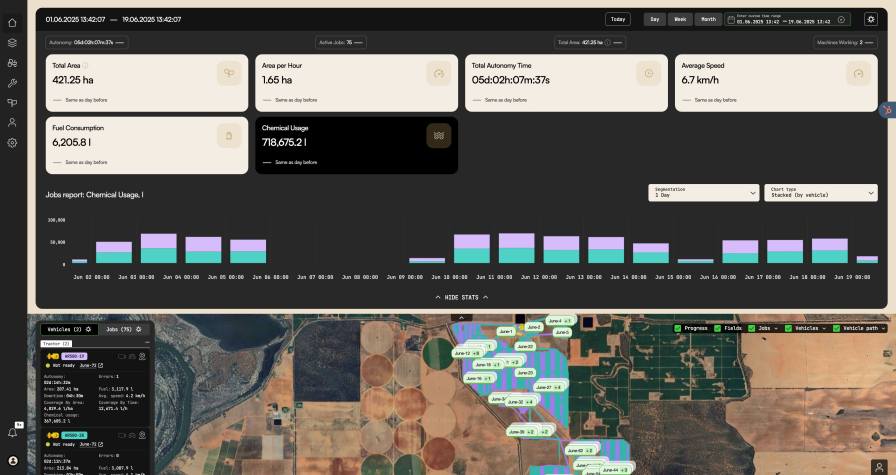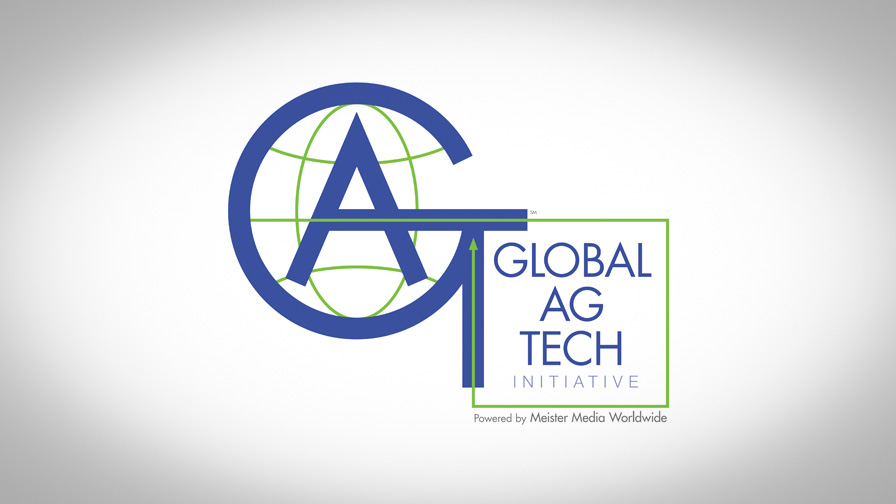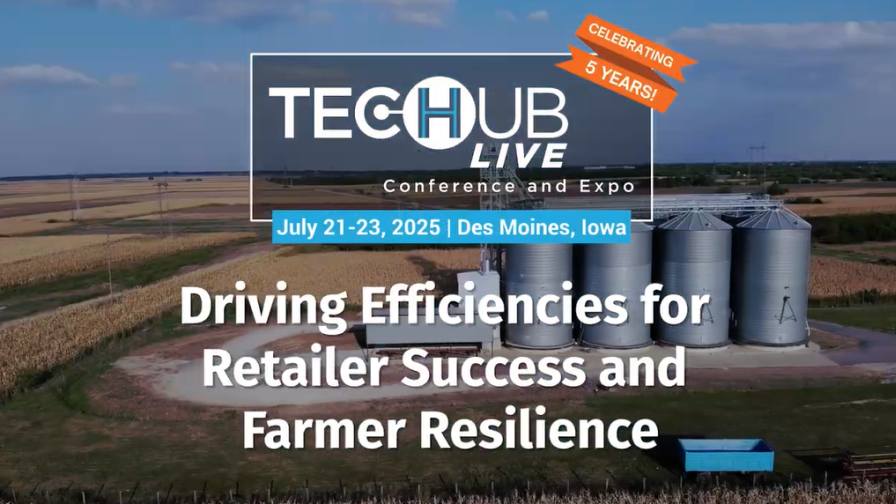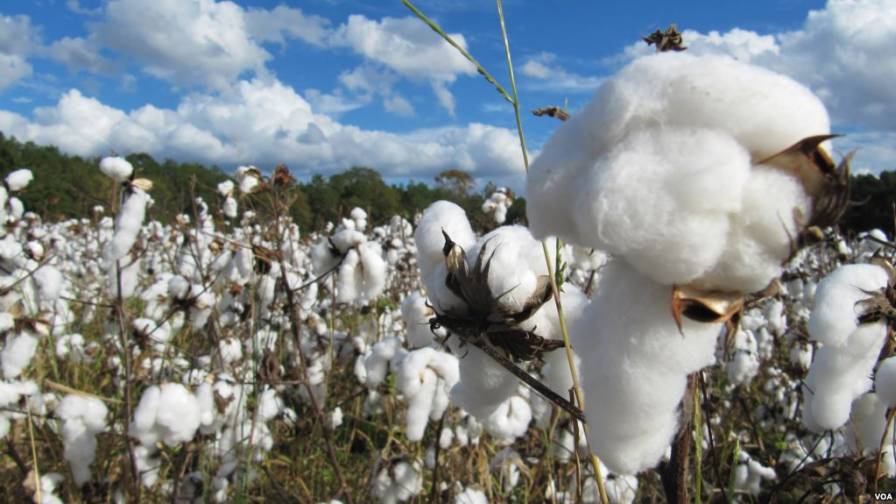How Can Computer Science Help Farmers Grow Food More Sustainably?
World Economic Forum reports that humans have physically reconfigured half of the world’s land to grow just eight staple crops: maize (corn), soy, wheat, rice, cassava, sorghum, sweet potato and potato. They account for the vast majority of calories that people around the world consume. As global population rises, there’s pressure to expand production even further.
Many experts argue that further expanding modern industrialized agriculture – which relies heavily on synthetic fertilizer, chemical pesticides and high-yield seeds – isn’t the right way to feed a growing world population. In their view, this approach isn’t sustainable ecologically or economically, and farmers and scientists alike feel trapped within this system.
How can societies develop a food system that meets their needs and is also more healthy and diverse? It has proved hard to scale up alternative methods, such as organic farming, as broadly as industrial agriculture.
In a recent study, we considered this problem from our perspectives as a computer scientist and a crop scientist. We and our colleagues Bryan Runck, Adam Streed, Diane R. Wang and Patrick M. Ewing proposed a way to rethink how agricultural systems are designed and implemented, using a central idea from computer science – abstraction – that summarizes data and concepts and organizes them computationally, so we can analyze and act upon them without having to constantly examine their internal details.
MORE BY WORLD ECONOMIC FORUM
Read more at World Economic Forum.









